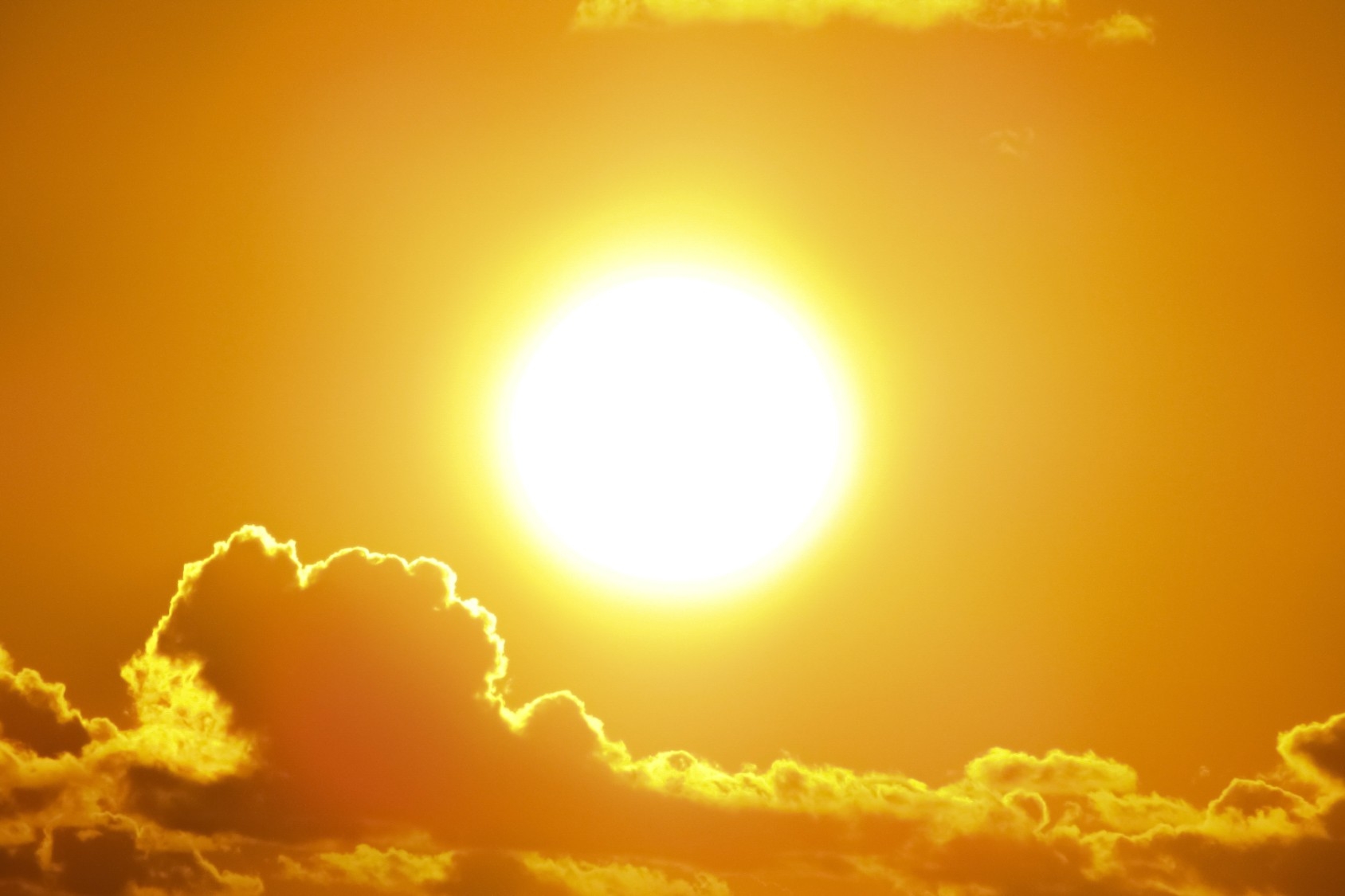

Last summer’s Western North American heat dome caused more than record-breaking temperature increases—rising anxiety about climate change is reported in a new study on the weather event’s impact on our mental health.
Researchers with the Mental Health and Climate Change Alliance (MHCCA) found significantly higher climate change anxiety following the heat dome. They believe their study, published in the Journal of Climate Change and Health, is among the first of its kind to demonstrate direct links between mental health concerns and climate change related weather events.
The researchers say ongoing monitoring of climate change anxiety is needed to better understand the impact of individual and compounding climate change-related weather events over time. Their results from data collected from over 850 individuals over the age of 16 found:
- The average levels of climate change anxiety increased by approximately 13 per cent among British Columbians after the heat dome.
- Most participants reported that they were much (40.1per cent) or somewhat more (18.4 per cent) worried about climate change after the heat event.
- The number of people who felt that it was very likely their region would be devastated due to climate change increased from 17.5 per cent prior to the heat dome to 29.8 per cent.
- The number of people who felt that the industry they worked in would be affected by climate change increased from 35.0 per cent prior to the heat dome to 40.3 per cent after the heat dome.
- Most participants reported that they were somewhat (40.8 per cent) or greatly (17.4 per cent) impacted by the heat dome.
According to MHCCA director Kiffer Card, an assistant professor in SFU’s Faculty of Health Sciences, “Our research explores an important link between two of the most pressing public health emergencies of the 21st century: mental health and climate change. In doing so, our work sends a clear message: that planetary health and personal health are one in the same.”
Card says the MHCCA will continue monitoring levels of climate distress among British Columbians and hopes to extend its research on climate event-related anxiety nationally. The group has applied for federal funding, though Card notes the lack of availability of federal funding to learn more about the health impacts of climate change remains a barrier. According to the Canadian Research Information System, over the last decade, less than 1 per cent of health research funding in Canada has gone to projects related to “climate change” or “global warming.”
The researchers say their study is among the first to use a validated climate change anxiety measurement tool to explore the impacts of extreme heat on mental health in Canada, providing new insights that can advance emerging research in the field.
“Leading medical journals and public health organizations have identified climate change as the single greatest threat to human health in the 21st Century, and climate change is already causing more frequent, longer and more severe extreme weather events, such as heat waves and floods,” says Card. “These events are causing direct and indirect consequences for individuals and communities around the globe. Our study underscores how the most immediate of these consequences is worsening mental health, as people grapple with worries and concerns about their local environment.”

